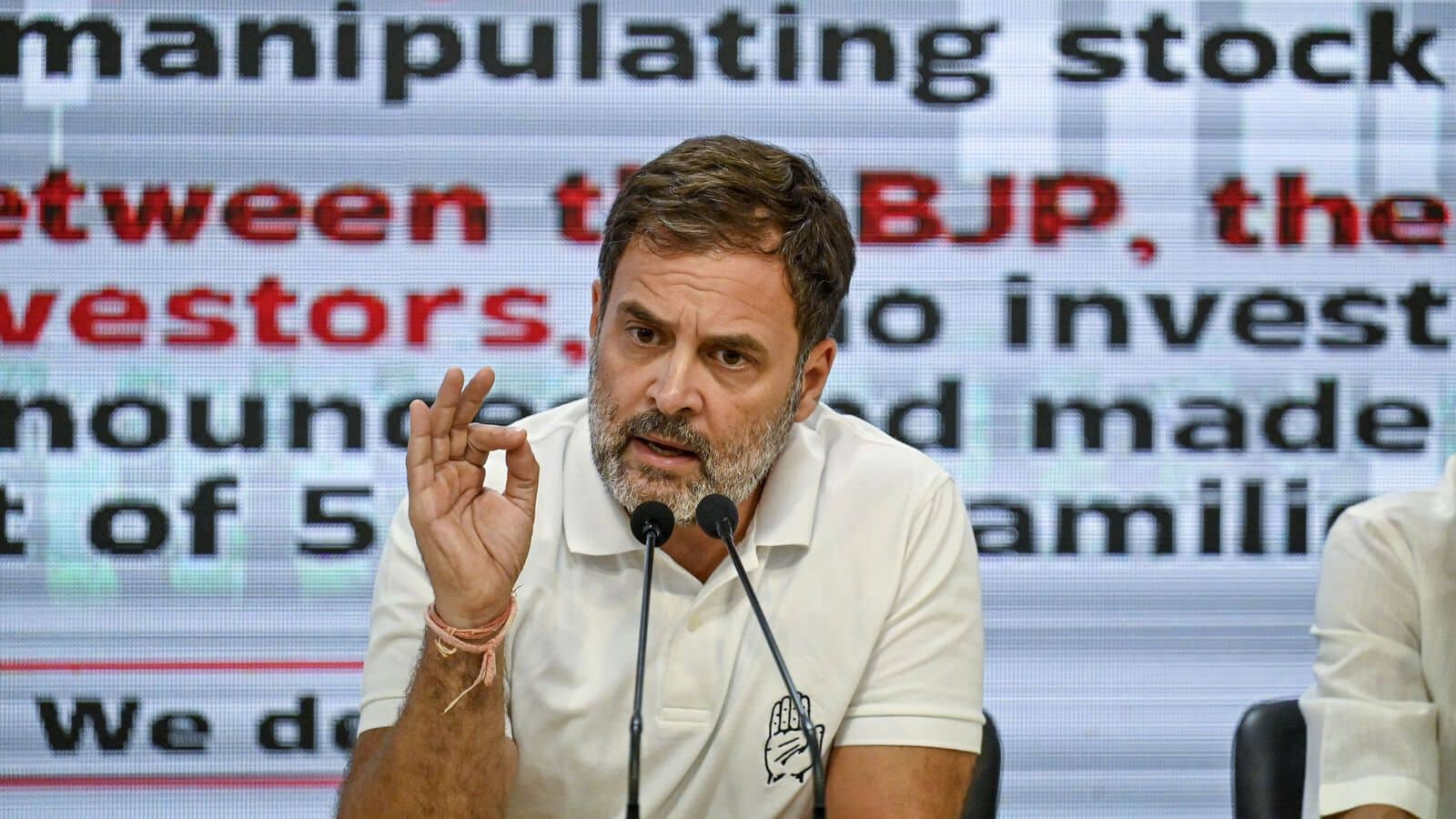
Resolution passed to appoint Rahul Gandhi as Leader of Opposition
What's the story
The Congress Working Committee (CWC) has passed a resolution recommending Rahul Gandhi as the Leader of the Opposition in Lok Sabha, KC Venugopal, the party's General Secretary, said. He stated that the CWC unanimously requested Gandhi to assume this position, describing him as "the best person to lead this campaign inside the Parliament." "He replied that he would think about it," Venugopal said. In the recent Lok Sabha elections, Gandhi won both the Raebareli and Wayanad seats.
Leadership support
Congress leaders support Gandhi's nomination
Gandhi will have to decide within 14 days which of the two seats he will retain and which he will vacate. Before the CWC meeting, several Congress leaders voiced their support for Gandhi's nomination, recognizing his potential to strengthen the party. Telangana Chief Minister Revanth Reddy echoed this sentiment, stating that Gandhi's appointment is "the demand of 140 crore Indians." Venugopal added that the party's leaders and workers are energized and a revival of Congress has begun.
Praise
Gandhi's election campaign praised
In particular, the CWC praised Gandhi for his efforts in the election campaign. "Rahul Gandhi's election campaign was single-minded, sharp and pointed and more than any other individual it was he who made the protection of our republic's Constitution the central issue in the...elections." "The PaanchNyay-Pachees Guarantee programme which resonated so very powerfully in the election campaign was the outcome of Rahul ji's yatras in which he listened to the fears, concerns and aspirations of all people," it added.
Election success
Congress marks significant growth in Lok Sabha
The Congress Party emerged as the second-largest party in the Lok Sabha elections, increasing its tally from 52 in the 2019 elections to 99. If Gandhi accepts the position, this will be the first time since its ouster from power in 2014 that Congress will secure the post of Leader of Opposition. The party had previously failed to secure this position because it received less than the required 10% of total seats in both the 2014 and 2019 elections.